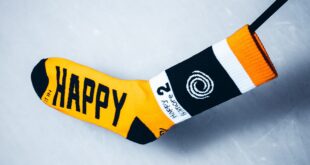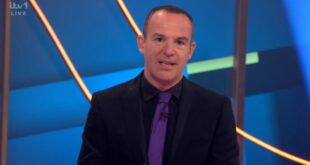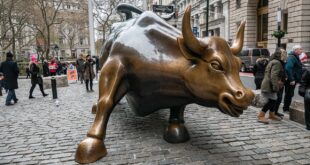
A warning has been issued as HMRC receives thousands of winter fuel payment scam reports. People are being warned to be on high alert after HM Revenue and Customs (HMRC) received 15,100 reports of bogus activity in June.
Fraudsters have been targeting vulnerable people using texts and phishing websites. Last month, HMRC acted to remove 4,600 fake websites linked to winter fuel payments. The revenue body is urging people to watch out for suspect communications and to report any suspect phone calls, emails or texts via the Government’s website. HMRC will never contact people by text regarding winter fuel payments or request personal information. Anyone who is eligible for winter fuel payments will receive them automatically without having to make a claim, it said.
HMRC added that any recovery of the payment for pensioners whose total income is over £35,000 will be collected via pay-as-you-earn (PAYE) or self-assessment, depending on how the person pays tax on their income.
Kelly Paterson, HMRC’s chief security officer, said: “Don’t be fooled by these attempts by scammers to take your money or access your personal information.
2Never let yourself be rushed. If someone contacts you saying they’re HMRC, wanting you to urgently transfer money or give personal information, be on your guard.
“If a phone call, text or email is suspicious or unexpected, don’t give out private information or reply, and don’t download attachments or click on links.
“I’m urging people to be alert to scams relating to winter fuel payments and to report any suspicious texts, phone calls or emails to HMRC.”
Winter fuel payments were previously linked to pension credit, with the Government arguing that this would help to balance a “black hole” in public finances.
But in June, Chancellor Rachel Reeves announced that nine million pensioners will receive the payments this winter as pensioners in England and Wales with an income of £35,000 or less per year benefit.
Ms Reeves said the Government had “listened to people’s concerns” about the decision to limit the payment last winter.
 Latest World Breaking News Online News Portal
Latest World Breaking News Online News Portal






